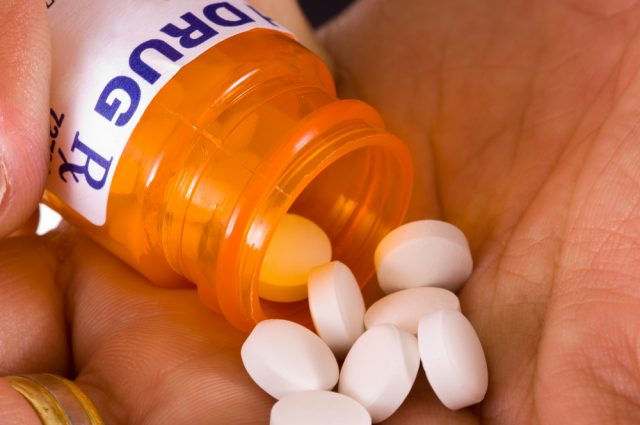The Centers for Disease Control and Prevention (CDC) reported that in the last year opioid overdose rates increased across the United States by 30 percent overall, with a 70 percent increase in areas of the Midwest hard hit by the opioid crisis.
The CDC study looked at emergency room data for opioid overdoses, for the period between July 2016 and September 2017; with the CDC citing that information gathered from records of emergency room visits offered a more in-depth analysis than comparisons of opioid-related death rates.
The CDC reported that overdose rates were highest in Illinois, Indiana, Wisconsin, Ohio, and Missouri. The state of Kentucky saw a significant decrease of overdose rates, at 15 percent.
Other points covered in the CDC’s monthly Vital Signs report:
- Opioid overdoses increased for both sexes and all age groups.
- People who have had an opioid overdose are more likely to have another.
- Repeat opioid overdoses can be avoided through treatment referrals provided during emergency department visits.
- Timely and coordinated response efforts can also better prevent more opioid overdoses in the community.
The CDC’s report comes even as more research studies indicate that medical cannabis treatment may be a viable alternative for treating opioid addiction, and many conditions traditionally treated with opioid medications including chronic pain.
A study report issued last week by the Minnesota Department of Health, which surveyed data from 2,000 first-time medical marijuana users with intractable pain, said 42 percent of those patients reported a 30 percent decrease or more in their level of pain.
The study also found that of those patients taking opioid medications for pain, 63 percent were able to reduce or curtail their opioid use, once treated with medical cannabis.
The Minnesota Department of Health study joins a growing body of documented, academic research that seems to strongly indicate that cannabis use–far from being an invitation to harder drugs–could actually be a viable alternative for treating addiction to opioids and overuse of prescription painkillers.
On March 1, President Donald Trump suggested that the U.S. government may join states, Native American tribes, and other plaintiffs, in pursuing lawsuits against drug manufaturers and distributors of opiate medications. According to media reports, Trump claimed to have already discussed plans for prosecuting manufacturers of prescription painkillers with United States Attorney General Jeff Sessions.












